Why Severance is the greatest show ever made: Part 1
An opinion review series on Severance S2 E10 from a screenwriting PhD.
I’m still dreadfully hungover, not from overconsumption of alcoholic beverages but from the sheer intoxication of creativity, emotional storytelling, and flawless creative direction in Severance season 2.
It’s been 72 hours since I clicked play on one of the most anticipated season finales in years. My heart was pounding, my wine glass topped to the brim, and my eyes intensely locked on the screen - it was time.
Foreword: I’m writing this series to keep up with my commitment to writing “Morning Pages.”
But I’ll be frank: My innie hasn’t completed her Cold Harbor file yet, and the board is severing my outie of all the creative energy I have. This will likely be a rambling mess, but after that whirlwind of a series, can you blame me?
Severance, Season 2, Episode 10
Were we about to be dropped from the heights of a cataclysmic letdown, or would we be satisfied by whatever nuggets of lore revealed in the commencing 1 hour and 15 minutes?
Honestly? I was dubious of the latter despite the strength of each preceding episode.
How often is anything so consistently brilliant right til the last line?
We all know how frequently shows rush, stumble and face-plant their way through season finales. How I Met Your Mother, I’m looking at you.
Before I hit play, I prayed to Kier that this episode would carry the same gravitas of television storytelling as The Last of Us episode 3. Being the series it is, Severance and the hype it has acquired left me prepared to stew in my delusion when the credits eventually cut the lights.
But my Spidey senses are indeed valid.
Perhaps I do control the universe (a story for a different time) and, in turn, Ben Stiller and Dan Erickson because they did precisely what I manifested. The Severance season 2 finale was The Last of Us episode 3 x I love You 3000, and every tremendous small-big screen moment combined.
Here’s why…
The Hero vs Villain Dilemma: The ultimate question of “who am I?”
The opening scene between the two Marks, Harmony Cobel and Devon, perfectly primes the audience for everything that is about to follow. A dream of a set-up that leaves us on the edge of our seats by lulling us into a false sense of security, curiosity, and emotional catharsis.
Though some claim the exchange between Mark S and Mark Scout (or iMark and oMark if you’re grieving on Threads) was too long, and they could have held more space for other plot points, I thought it was a sublime example of character development and their narrative arcs.
Twenty-five minutes in, my heart was about to rip from my chest.
What do you mean that’s the same actor playing Mark S and Mark Scout?
We were impressed by his altering of severed states in an elevator, but let’s hand Adam Scott an Emmy because his performance was flawless.
The way Mark S looks at Mark Scout for the first time, seeing his alternative self, his innocence breaking through his terror and confusion as he sees the side of him he has only been able to ponder about…my heart broke.
It was akin to an adopted child finding their long-lost birth parent or someone meeting their hero for the first time.
For myself, it reminded me of my late AuDHD diagnosis. After years of battling with my brain, I finally removed the mask and started to accept the parts of myself I’d been trying to suppress for 30 years.
And this scene was like a mirror to that experience for me. Yes, tears were bubbling at this point, which is why I adore television. It’s escapism, but it also enables us to explore parts of ourselves we may not dare to uncover alone.
Anyway, back to the actual plot…
Until now, we’ve effectively spent two seasons as ready-for-retirement detectives trying to unearth the tiniest clues about this story world:
What the heck is Lumon up to?
Is Gemma alive/going to survive?
Is Helly pregnant?
Why is Jame so flipping weird?
WHY ISN’T HE CALLED JAMES?
But the first episode (S1, E1) dishes up the most critical question of the show to Helly:
Who are you?
A clue, a message, a question — one that we know was the first question ever asked to Mark upon entering the severed floor and to every innie before and since.
This question answers one of the fundamental themes the show explores…
In season 2, episode 10, our protagonist asks himself:
Who am I?
This scene is a beat called “The Dark Night of the Soul.” It is a poignant moment in which our main characters must reflect on, process, and quantify their actions and decide what moves they will make next.
Right here, we pause to let the character(s) honestly explore their feelings in response to everything that has happened.
Unlike this moment 👀
Perhaps all is lost, and there is no way out.
Maybe it’s their choices that have been causing the conflict throughout until this point.
Whatever the cause, the clock is ticking, and they stand to lose everything if they do not take action.
The term “complex characters” is often used to describe what “good” character writing looks like.
But any writer, reader, or watcher knows that a complex character is ultimately human—real, raw, flawed, predictable, but never without surprises.
Though many people, including every Lumon executive and shareholder, do not see the innies as human, no single character in the show fails the page to a believable human being on the screen test—Outie or otherwise.
Severance takes this idea a step or ten further by asking:
What happens when we take a deeply human character (Mark S & Mark Scout) and rid them of their humanity (severe them or kill the love of their life)?
Do I really know myself? (Our external and internal/light and shadow self).
Can I trust myself? How will I sabotage myself based on my wants vs my needs?
How does corporate/capitalist/societal life deprive us of our true identities? Who am I beyond the things I associate myself with?
Honestly, stop for a moment and ask yourself:
Who am I outside of the work I do, the things I have achieved, the things I have, my job roles, titles, and acceptable societal monickers I associate myself with?
How would you describe YOU?
I mention this because Severance S2, E10 presents the “hero dilemma” through the ultimate conflict of ethos between one’s self in perhaps the most original way I’ve seen in years.
There aren’t many people who see Mark S as the villain for his ultimate betrayal of Gemma. But there are some. And rightly so.
The writing has set the audience up to be divided, hurt, and confused. It’s conflict served piping hot. It asks us what we would have done. It asks us who we are at the core when we strip ourselves back to our barest instincts.
Do we know how we would react?
Who would we choose?
Can we make such a decision when we can relate to both Marks?
If not, how can we ask the same from either version of Mark?
It’s an impossible riddle, moral dilemma, and ethical nightmare.
So why might people be p*sssssed at Mark S?
Mark Scout is the show's perceived protagonist, and the finale flips the villain trope on its head.
Mark S chooses Helly R = bad.
Typical villain behaviour, right?
But Mark Scout ultimately asks Mark S to sacrifice many people (all the innies - a number we don’t fully realise yet) for one outie (Gemma).
Typically, antihero/villainous behaviour.
His slip-up calling Helly “Helleny” also denotes a lack of empathy, signalling to Mark S that he is merely a tool for Mark Scout to get what he wants. Again, villain alarms are flying off from the get-go.
Mark S.'s later choice of Helly (or Helena—TBC) over Gemma seems horrific.
My jaw was on the floor.
But from his point of view, even though singular in choice, he is saving all the innies, his own life, and his chance to love. And we all know love makes the universe go boom; ask Interstellar.
And yet, it’s selfish. Or so we’re led to feel, think, hypothesise.
We can debate whether the choice is one of a hero until we’re all blue in the face.
However, realistically, both presented choices are antiheroic regardless. Mark S and Mark Scout, though severed, are the same person. As Gemma’s trust in the stranger dripping in blood in Cold Harbor proves, the severed chip does not hold the way Lumon had intended.
Neither choice is good, but the antihero is willing to do morally questionable things for what they believe to be the best reasons.
The dichotomy of selves between the two Marks results in the exact outcome we all knew would happen deep down. Otherwise, where do we go in season 3? “Killing your f*cking darlings”, as I wrote in my notes app while watching.
This was not a time to ride into the sunset with a happily ever after. The bad guys (Lumon) are still at large, our character web of innie stories is still unfinished, and too many questions are left unanswered.
The sacrifice of Gemma on behalf of Mark’s inner and outer battle is so gut-wrenching that it’s enough to turn the most gentle of people vengeful. It reminds us of Gemma’s lack of choice in everything. How she still had that choice ripped from her not only by an evil corporation but also by the person she loves most.
It’s a decision not made lightly by any writer but certainly by writers who know what they’re doing and where they’re leading us. The social commentary that permeates this series is palpable, but I’ll save that for a later post.
Perhaps we have Adam Scott’s exceptional acting to thank for this emotional rollercoaster, but this episode very much reminds us that good and evil are not linear.
No human being is inherently either, and we cannot assume our actions will not be villainous or heroic in another’s narrative.
This leads me to my next chapter in this Severance Substack series:
Helly vs Helena - The Kier within.
Okay, this ‘stack is too long. Byeeeeeee for now.
D x
Macro Disclaimer Refinement:
Although I may have a PhD in creative writing (my chosen discipline was/is television screenwriting), you need no credentials to appreciate, comment on, and explore these narratives.
Everything written here is opinion, and the joy of television, art, and creativity is that it evokes an emotional response. It is subversive as well as subjective. Share your thoughts without fear of being right or wrong. It’s why we writers write in the first place. To make folks feel something.






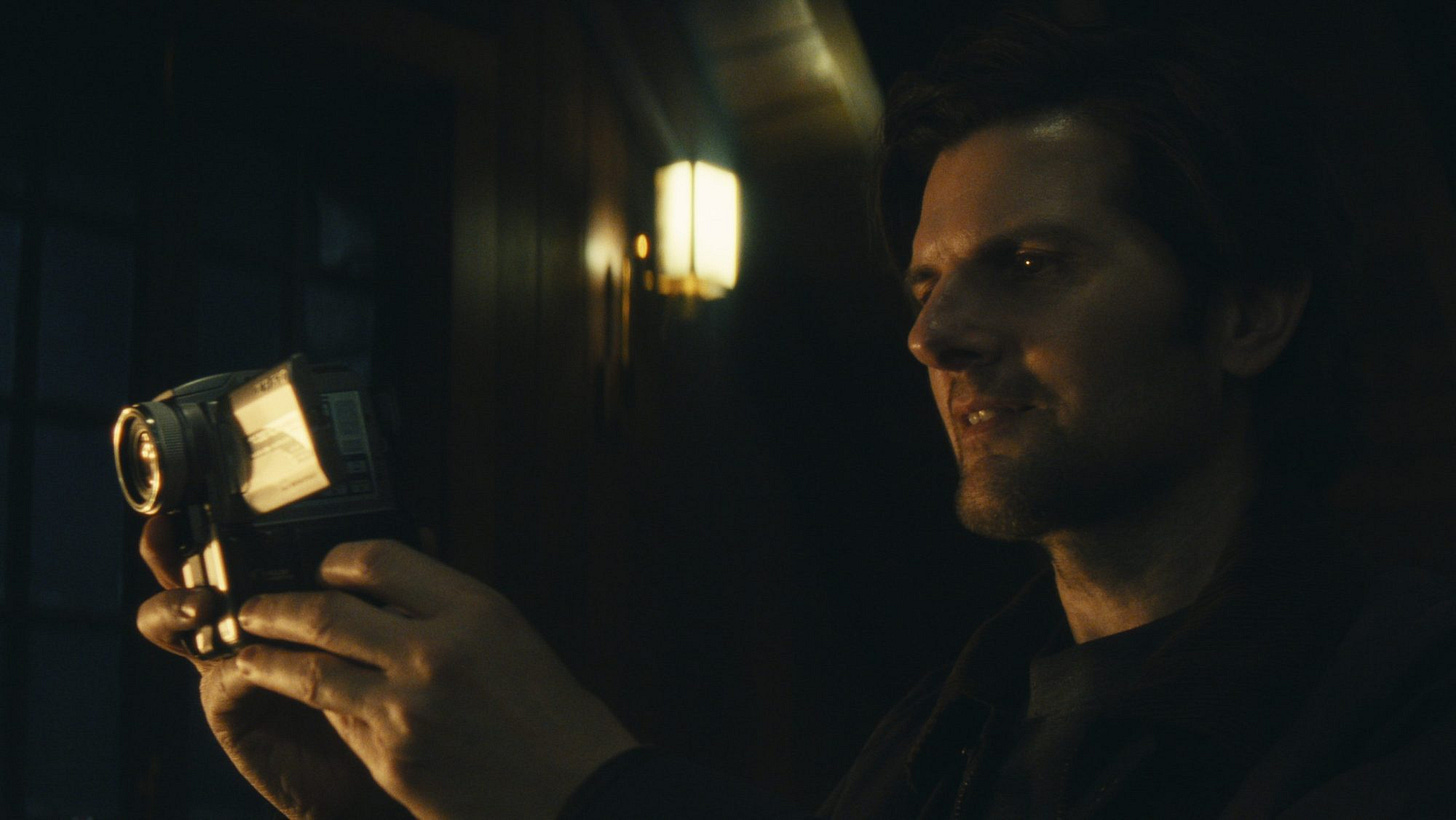

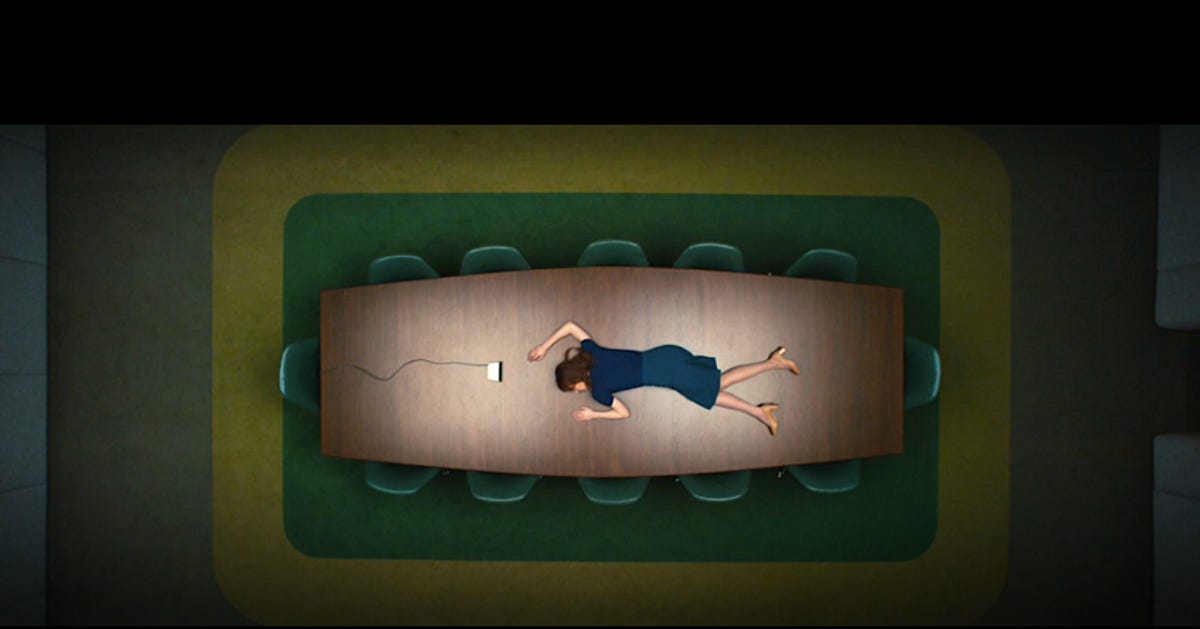

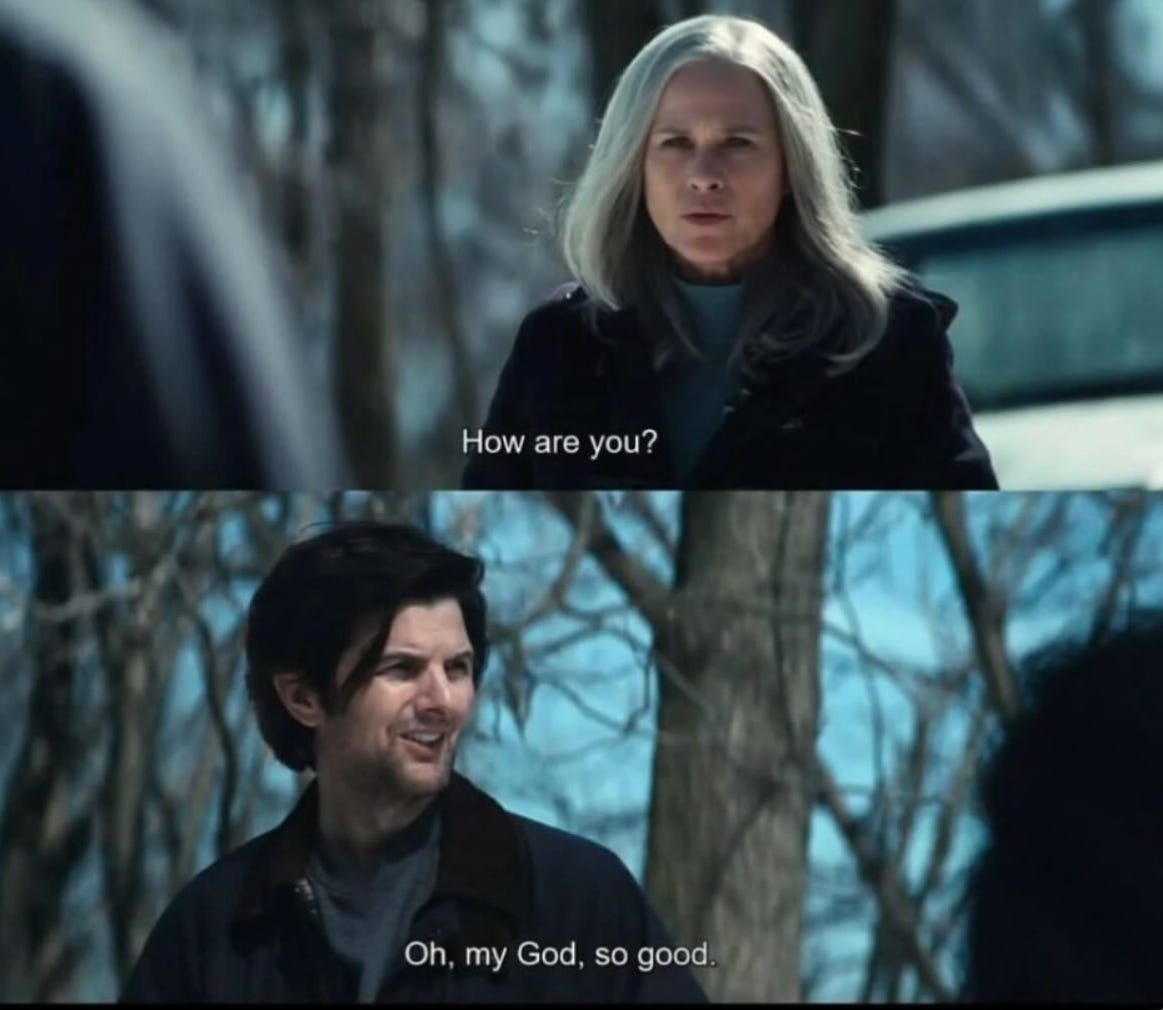


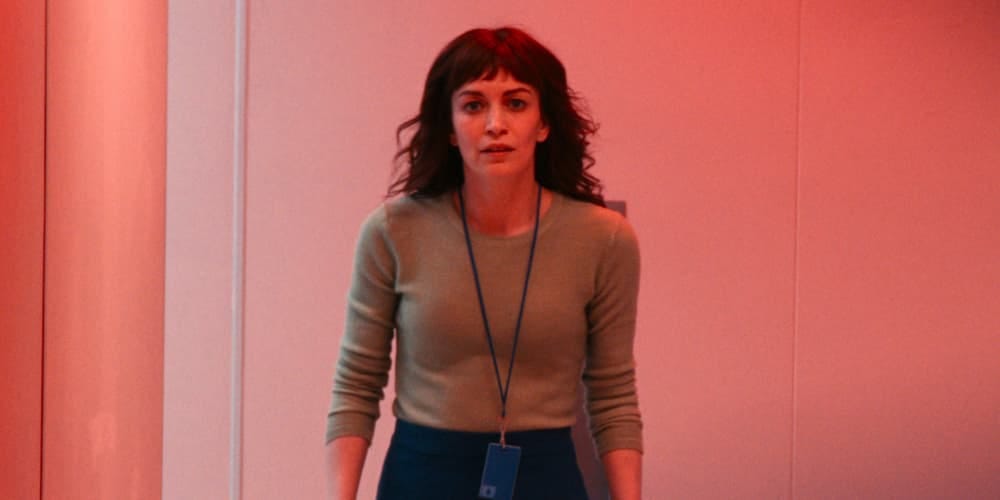
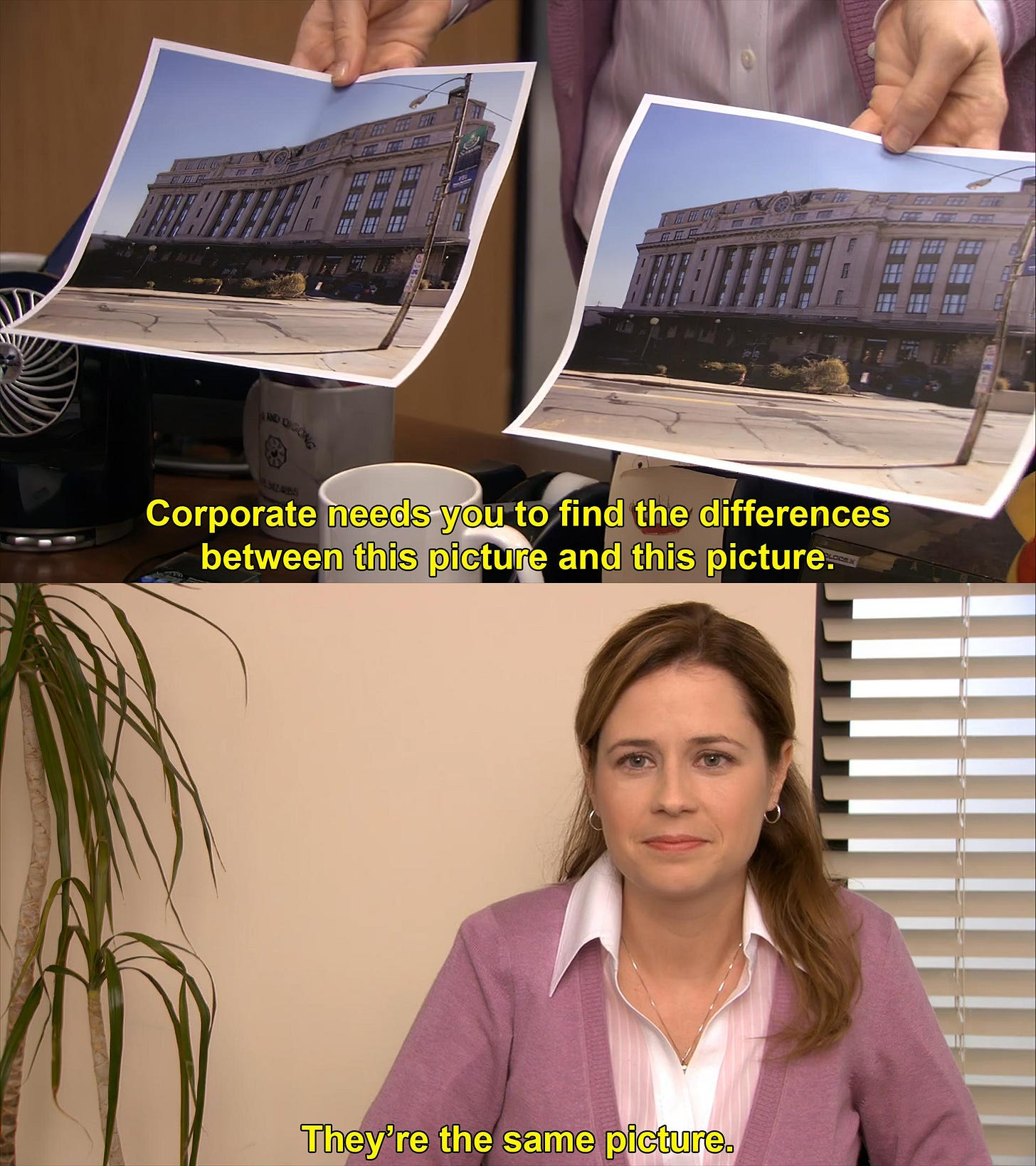
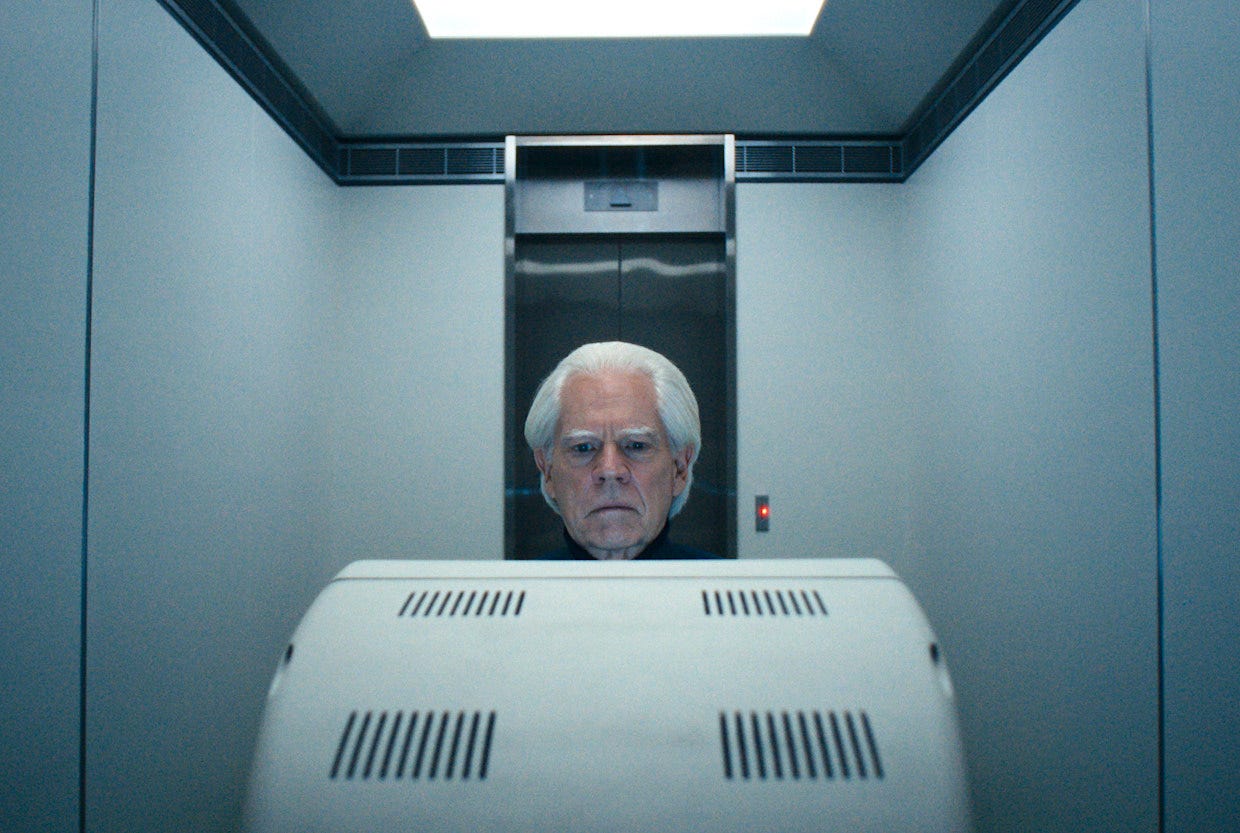
This is excellent feedback; thank you for taking the time to read so deeply! I love that you picked up on the moral language tension. Ironically, my PhD was in screenwriting, specifically on antiheroes and moral ambiguity in narrative structure, so I’ve spent years unpacking the villain/hero binary. I just wanted to throw thoughts on the finale on the page with this initial mini-series as I’ve been abandoning my Substack (and writing for the hell-y of it).
I only intended to write the one article on the finale and realised I had way too much to say, so I am breaking one episode into however many it takes 😅
I'm really just rambling, so I appreciate anyone reading it and having such helpful feedback to share.
You’re so right, though. Severance totally destabilises that language, and I think I took the long way to that in the piece instead of diving in head-first. Might do a follow-up that plays more directly with that dissonance. Especially once I’ve had a beat to actually absorb all my thoughts on how stunning the series is. Appreciate your comment so much 🫰🖤
I like your conclusion, though I wish that's where you started off with so you could dive deeper into the morality questions of Mark's two selves.
With Severance, where they really play with power dynamics and how stakes and emotional ties can heavily impact the choices each person makes, I don't think it's really interesting to consider whether someone is being heroic or villainous in the show. Like you said, the main actual villain is not even really a person, but more of an ideology, so I personally like getting into the nitty gritty of how certain parts of each person's life in the show impacts their choices and behaviors, like how Ms. Cobel has been indoctrinated since she was a child. The most interesting scenes this season to me have been the ones where we see the main antagonists; Cobel, Milchick, and Miss Huang, be thrust into scenarios where they're much more vulnerable. It's really interesting how they make such unlikeable characters still deeply human when they take off the mask, and how quickly they can go right back to putting it on and continuing to oppress others.
I'm excited to read the future parts! This is a really a complex show and I think there's a lot of different perspectives that fans and/or scholars can bring into it.